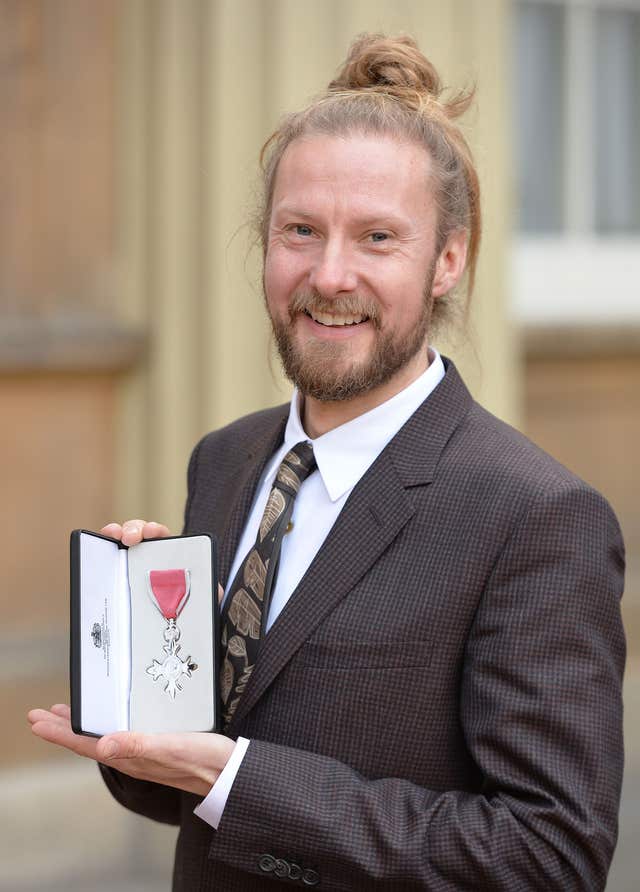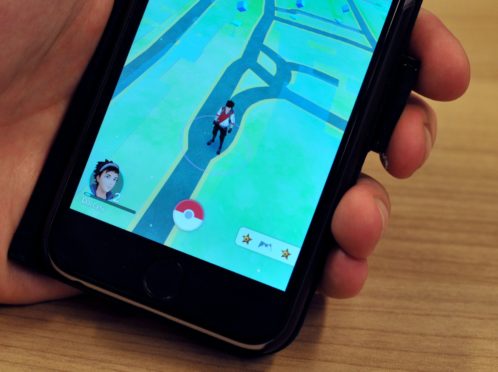Immersive theatre company Punchdrunk is partnering with Pokemon Go creator Niantic for a series of augmented reality (AR) projects.
The companies will work together to “reinvent storytelling for a 21st century audience” and “further expand the horizon of interactive entertainment”.
London-based Punchdrunk was behind the Sleep No More show, which was loosely based on Shakespeare’s Macbeth, and placed the audience among the actors in an immersive set.
Tear down the walls and the world becomes your stage.Today we can announce a major collaboration with @NianticLabs creators of @PokemonGoApp to reinvent storytelling for the 21st century.https://t.co/ujx6D5UW2m pic.twitter.com/M2b9oBcME9
— Punchdrunk (@PunchdrunkUK) June 30, 2020
San Francisco-based developer Niantic created Pokemon Go, the well-loved gaming franchise’s 2016 AR version, with Nintendo and The Pokemon Company.
The company has also released an AR game based on Harry Potter, called Wizards Unite, which is available on Android and iOS.
AR is the result of using technology to superimpose sounds, images and text on the world we see, and has become a popular gaming and artistic tool.
There was no information on whether the collaboration will produce a gaming experience, theatre production or outdoor event.

Punchdrunk’s artistic director Felix Barrett said: “It is hugely exciting to be joining forces with the preeminent AR company in the world.
“At Punchdrunk we create richly cinematic 3D worlds where audiences can explore, touch and smell the environment; where the boundaries between reality and fantasy are indistinguishable.
“Those that have seen Sleep No More often liken the experience to how it might feel to walk into a video game.
“What happens if you take that sense of adventure into the real world? Tear down the walls and the world becomes your stage.
“I believe that Punchdrunk and Niantic can create something that has never been done before.
“They do it in AR, we do it in real life. Collide the two and I think we will blow people’s minds; bend the rules of genre and redefine the norms of mobile gaming.”
Niantic’s founder and chief executive John Hanke said: “Felix is a creative tour de force whose works are canonised in immersive theatre history.
“Punchdrunk’s unique vision for real-world storytelling and a shared interest in pushing the bounds of world building and immersion are what brought us together initially.
“Our teams have been collaborating for many months to create entirely new experiences that merge the physical and digital worlds in a way that hasn’t before been attempted. We think the potential is global and massive.”
Since the start of lockdown in March, festivals and acts, such as French composer Jean Michel Jarre, have sought to use technology to fill the void left by the demise of live performance.
